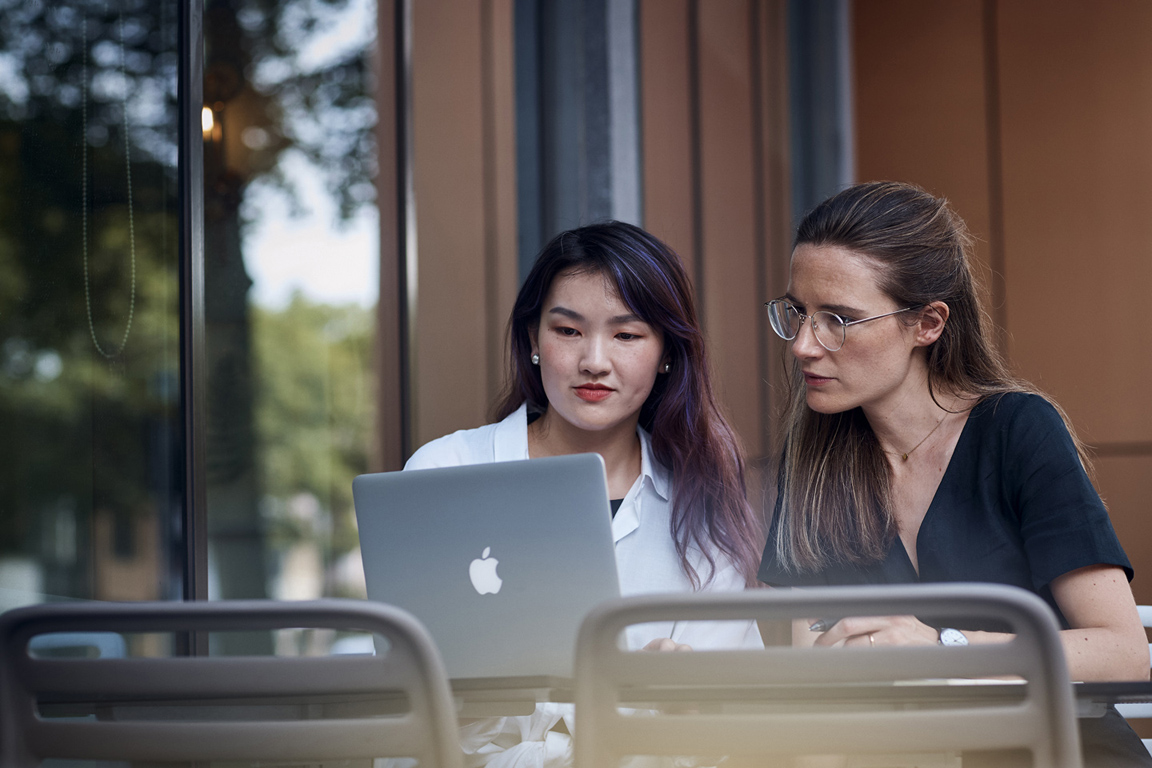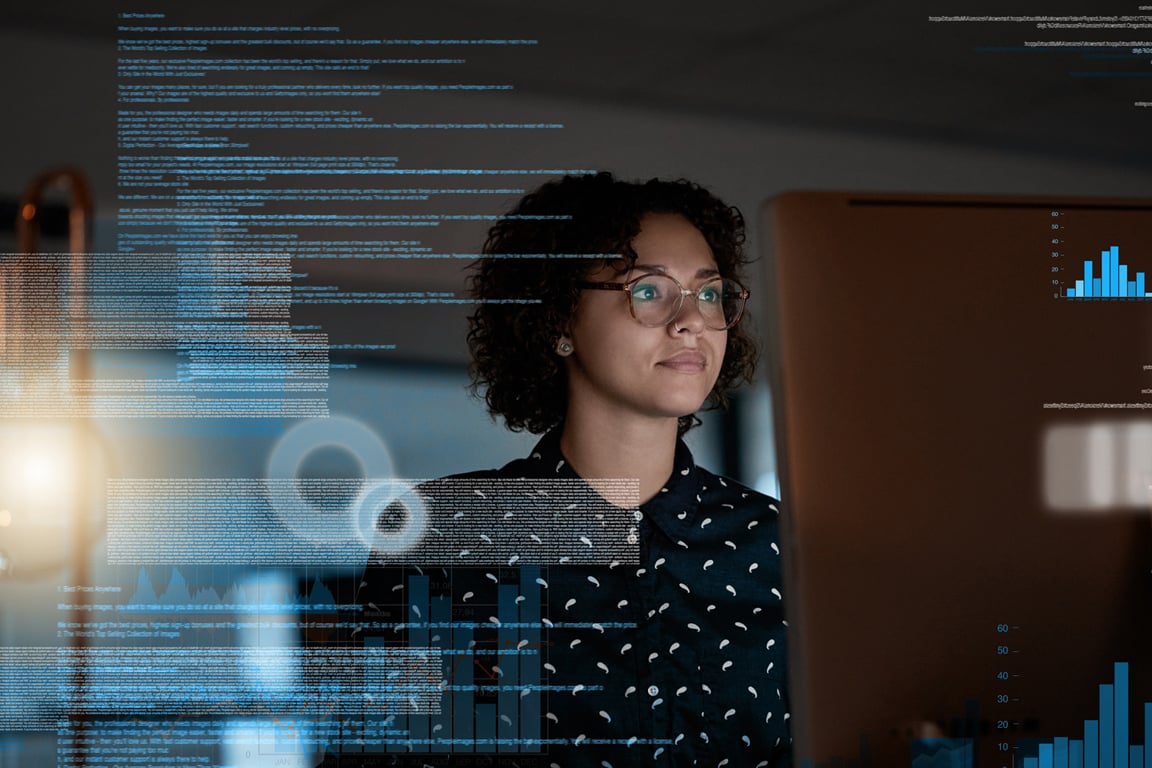About this course
This is a free, self-paced online course.
Data pervades almost every aspect of modern day life, but there are lots of ways in which this data can be abused. Our biases and preconceptions can lead us to make poor assumptions about the world - and, there is no such thing as raw data - it needs to be cooked with care.
Data tells many stories - as long as you can learn to listen to it and to ask the right questions of your data.
This course will take you on a journey through a data set. You explore how correct your hidden assumptions are about a real dataset and start to think about how that data might have been collected. You will explore the data, thinking about what types of variables it has and how they are related to one another. Keep your mind open and your curiosity high!
You will need to think about what the patterns you uncover mean, whether they point to a real effect or are just a mistake and how they might be correlated with other patterns in your data.
Finally, you will look at how data is used (and abused!) as evidence when people use it to tell stories.
This course is based on teaching and research drawn from the Master of Data Science and Innovation.
















